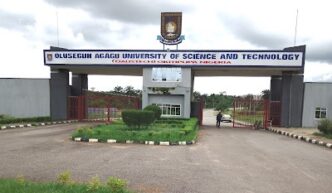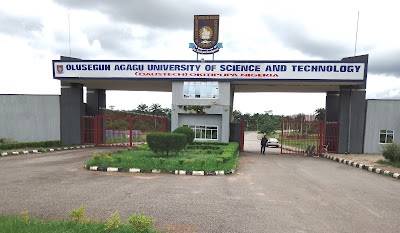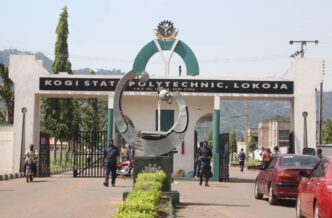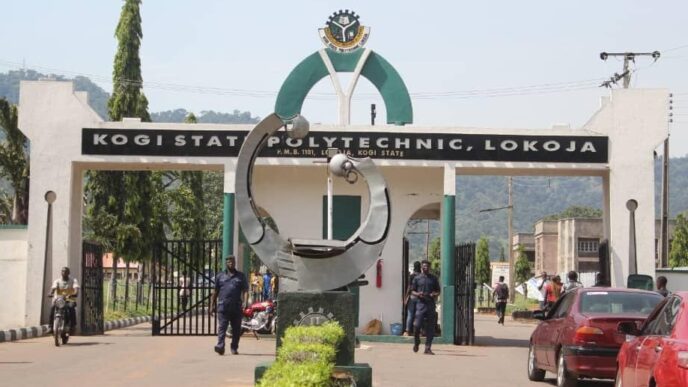An illustrative picture of foreign students on a UK university campus.
The amount a foreign national must show as “proof of funds” to study in the United Kingdom has been increased.
Foreign nationals looking to study in a given country or city are often required to prove they have sufficient savings to pay the bill.
The proof of funds rate in London is currently fixed at around £1,334 while that of the cities outside London is at £1,023.
The Home Office, which oversees immigration matters in the UK, has now rolled out a new set of rules that has raised these rates.
Advertisement
Under the new rules, which were released on Tuesday, students going to London will have to show evidence of having £1,483 per month.
Those planning to study outside of London will need £1,136 per month.
This means that foreigners looking to study in London for nine or more months need a total of £13,348 in savings to apply for their visa.
Advertisement
The increase, the Home Office said, is to ensure that the funds match the revised maintenance loans available for domestic students.
The Home Office said the hike is also necessary to match the updated cost of living in the UK.
The maintenance requirement for student applicants will cover each month of their course, for up to nine months.
The changes, the office said, will apply to students going to the UK on or after January 2, 2025.
Advertisement
If a student has already paid a deposit for accommodation in the UK, this can be offset against the total funds they need to show.
The Home Office said it will continue to update the financial requirement in line with inflation and domestic maintenance loan increases.
Add a comment












